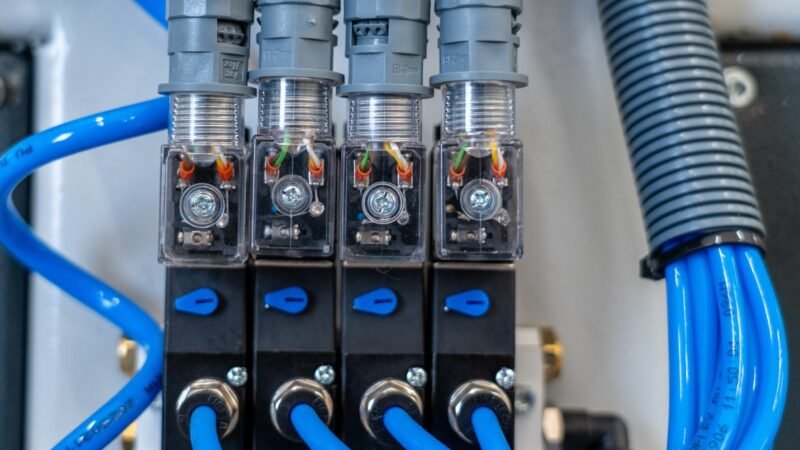Uber: No evidence hackers took rider credit card numbers
An outside cyber security firm hired by Uber after a massive data theft found no evidence that rider credit card, bank account or Social Security numbers were downloaded by two hackers, the company said in a response to demands for information from U.S. senators.
But the ride-hailing company disclosed that in some cases, the hackers got location information from the place where people signed up for Uber, as well as heavily encoded versions of user passwords.
On Nov. 21, Uber disclosed that names, email addresses and mobile-phone numbers of 57 million drivers and riders had been stolen. In a letter to four Republican senators led by Commerce committee Chairman John Thune of South Dakota, the company says that Mandiant, the security firm, found 32 million of those are outside the U.S. and 25 million are inside. Of the total, 7.7 million are drivers, mostly in the U.S., and hackers got driver’s license numbers for 600,000 of them, according to the letter from new Uber CEO Dara Khosrowshahi.
The ride-hailing company also said it has not seen evidence of fraud or misuse of data taken in the breach, which lasted more than a year before being disclosed. Two employees were fired for not disclosing the theft to “appropriate parties,” the letter said.
The hackers emailed Uber’s U.S. security team anonymously on Nov. 14, 2016 telling them about the breach and demanding a payment. Uber tracked down the breach in private cloud data stored on Amazon’s web services and shut down access, which came through a “compromised credential,” the letter said.
The security team agreed to pay $100,000 to the hackers for an agreement to delete the data, and later tracked down the hackers’ real names. Both signed documents assuring that the stolen data was destroyed, Khosrowshahi wrote. Team members found that the hackers first gained access on Oct. 13, 2016, and there was no further access after Nov. 15, 2016, the letter said.
Uber notified the U.S. Attorney’s offices in San Francisco and Manhattan, as well as other government agencies, on Nov. 21 of this year, but it’s not clear whether any criminal investigation has been started. Neither office confirmed nor denied an investigation.
Uber installed additional protections to stop hackers, including a two-step authentication for one of the services that was hacked, the letter said. (AP)



